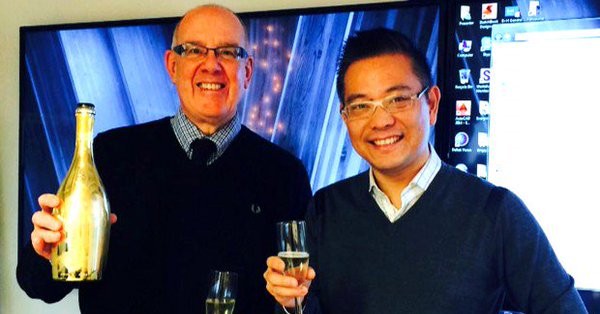The Chinese government released the names, photos and locations of 22 corruption suspects who are in the United States, Canada and Australia.
State newspaper China Daily released the identities of the suspects with the aim of getting help from the public to catch the suspects or for the suspects to reveal themselves.
The countries that are harboring these suspects do not have extradition treaties with China. The government has to convince the suspects to turn themselves in voluntarily.
The bureau director for international cooperation for China's discipline inspection commission, Liu Jianchao, is hoping that the public will cooperate and help the government provide information.
He said, "These corrupt fugitives used illegal means to grab a large amount of public funds and escaped abroad to avoid punishment, which has seriously harmed people's interests and undermined our credibility and social justice."
There are 10 fugitives in the U.S., four in New Zealand and five in Canada and British Columbia.
One of the five fugitives is wealthy real estate developer Cheng Muyang who applied for refugee status and lost in 2015.
In 2016, reports surfaced that Cheng contributed to the campaign of Justin Trudeau and Cheng himself attended fundraising events.
Canadian immigration lawyer Zool Suleman commented that the recent tactic of naming and shaming of the Chinese government is not effective.
He said, "They don't need to publish these lists, so who are they trying to scare?"
"Just because people are of interest to the Chinese, doesn't mean they are of interest to Canadians," the lawyer said.
"You can embarrass somebody but that doesn't mean they are getting on a plane and coming back to China," he added.
Lorne Waldman, another lawyer who represented many Chinese refugees, said that China's anti-corruption drive is a strategy to get rid of political rivals.
He said, "There is more adverse publicity about the anti-corruption campaign being really just a political power struggle, using the criminal justice process in China as the mechanism for getting rid of political opponents."



























